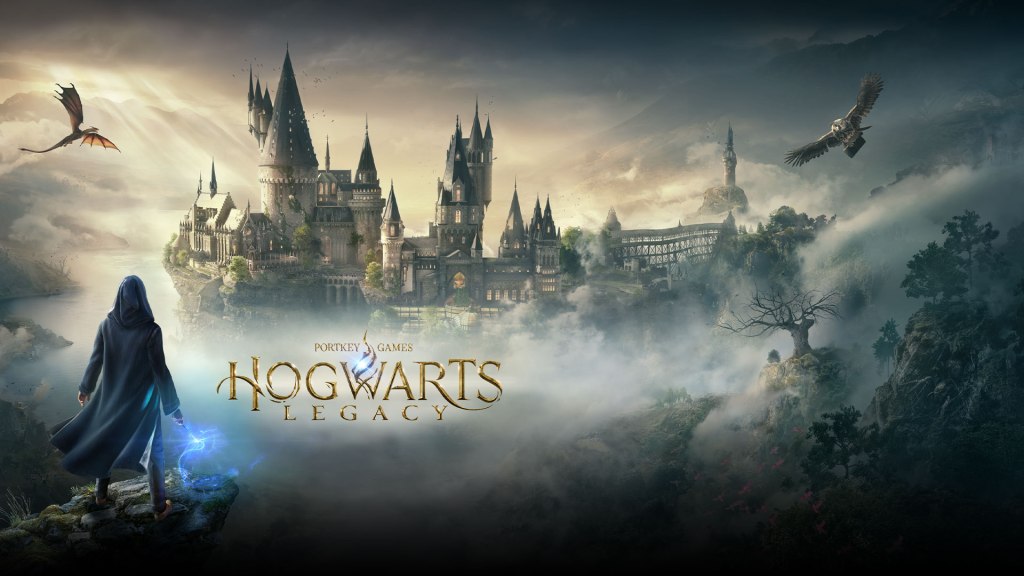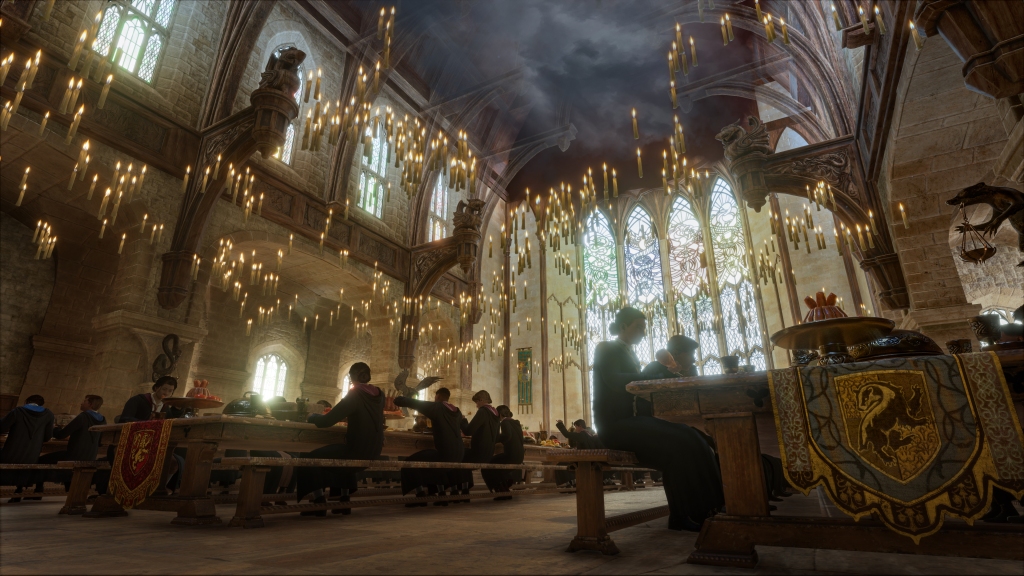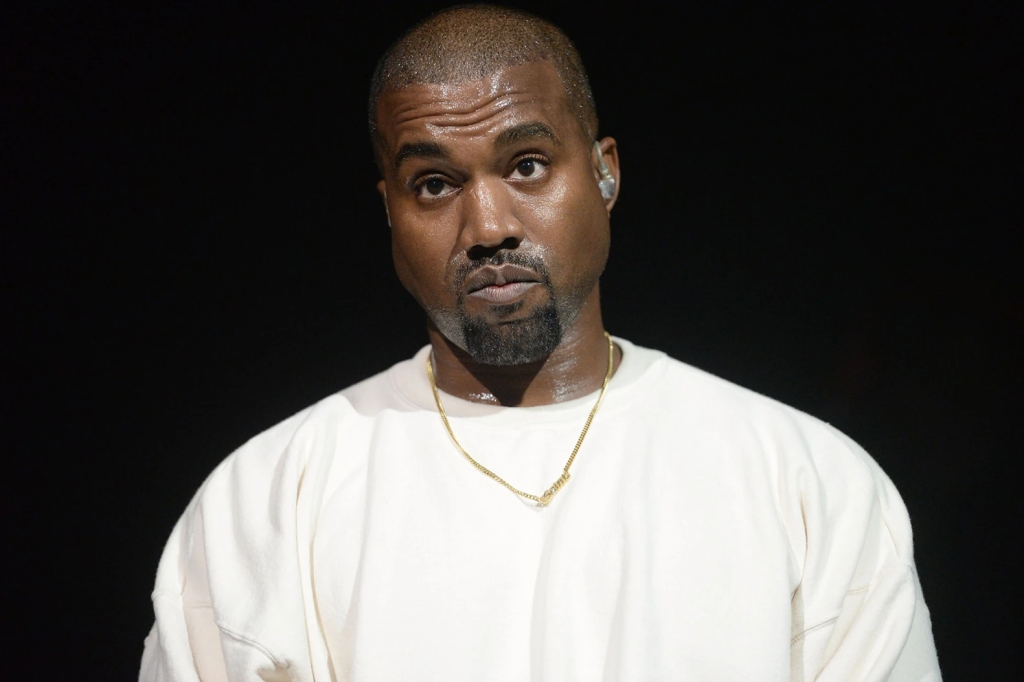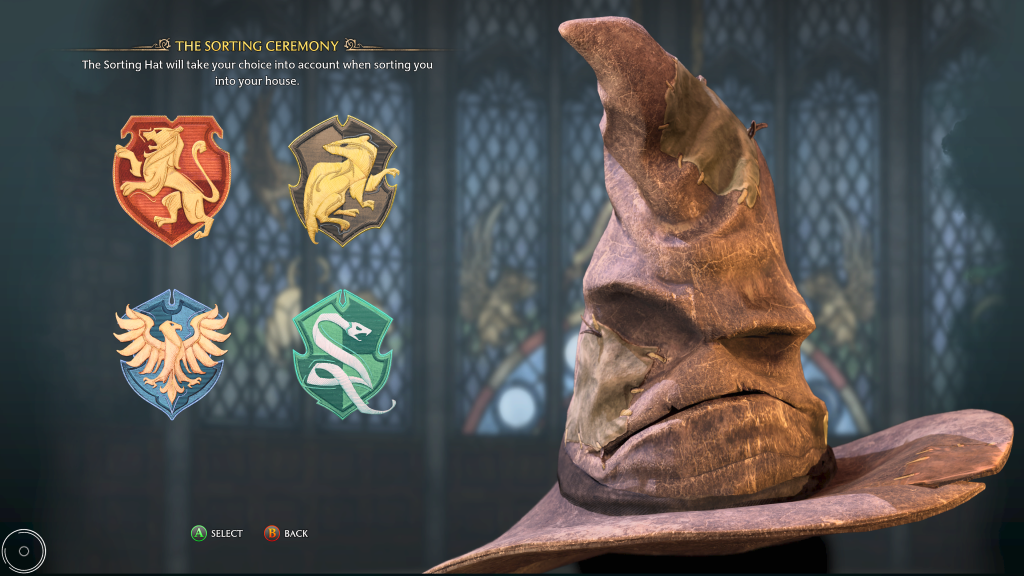2020 seems like such a long time ago, doesn’t it? In between achieving personal bests for 5K runs and being up until the early hours playing Warzone, rarely was there something to keep me stimulated for more than five minutes. The novelty of two-metre meetups and house-party soon wore off.
So, you can imagine my surprise when Hogwarts Legacy was announced.

In what felt like a blink of an eye, I immediately ran upstairs, unlocked the loft, and dusted down my Harry Potter books and their neighbouring movie cases. To say I wasn’t seen for a couple of days would be an understatement, unless it was to collect a Hogwarts letter that I was adamant I was going to receive.
Unbeknownst to me, this refreshment of Harry Potter lore was to no avail, as the rumoured release year of 2021 turned out to be whimsical thinking by myself and the rest of the Potter fandom.
With recent Harry Potter iterations being dire in both production and execution, it was revitalising to see a standalone game be produced that would emulate the fantasy that we all held when we were in our youth.

In the lapse of the three years that I had to wait for the game to come out, COVID-19 restrictions were lifted, people saw each other, and business continued like normal. Nothing happened in the build-up of Hogwarts Legacy, it was ultimately a smooth release.
That’s only if you discount the monologue rampage that JK Rowling went on.
I cannot express to you the impact that the Harry Potter writer had on the game even though she played no part in the production of the title.
From digressing her views on a marginalised minority to facing the upheaval of now loathers of her work, it’s been a whirlwind of a release, with groups amassing to boycott the game.
But it begs the question, if we give money to this game, are we supporting the originator herself, or are we simply separating the art from the artist?
The phrase to ‘separate the art from the artist’ at its core, suggests that they are two separate entities, which is wholly untrue. Art itself doesn’t exist without the artist, so I would go as far as to say the art is an extension of its creator, in an imaginative and physical regard.
If art is just art with no recognition of the creator, it makes it devoid of any meaning, further decontextualising it.
For example, listeners of singer Kanye West relate to this obstacle during their indulgence of his music, following recent touts of antisemitic tropes and saying that he ‘loves’ Hitler.
The crux of his reduced following comes solely down to not only what he’s saying, but the fact that he was so staunchly against the things he now says he supports.
How could you listen to a man who made the anti-capitalist lyrics of “All Falls Down” or the anti-racist words of “Power” after hearing his recent statements, that oppose the very meaning of the aforementioned tunes?

This is one of many examples of people still consuming a product whilst knowing about the views and actions of the originator.
The incredible part of this debacle is that there’s no sign of any loss of money on his part. If anything, his listenership has increased to 50m monthly listeners on the popular streaming app, Spotify.
This is not to say that he’s right about what he says. It says more about the listener, whose moral compass flies out the window when it comes down to what they want to consume.
When looking at consumerism itself, the subject of moral compass quickly takes a back seat and is easily deciphered when faced with the idea that there is no ethical consumption under capitalism.
This idea is understandable but undoubtedly has its flaws. It implies that because everything we consume is derived from capitalism, we should consume it anyway and not feel bad as there’s no alternative.
This defence can be justified though, and it makes a lot of sense. Like someone who’s complaining about people buying Hogwarts Legacy on Twitter, is using Twitter. Therefore, giving money to Elon Musk, who has come under fire for his liking of an anti-trans tweet.
This endless capitalist reason for buying is conveyed a lot of the time but is convoluted and watered down. In the case of Hogwarts Legacy, people just really, really want the game.
This idea is normal to have but is also relative to the severity of the situation that the creator has found themselves in.
Setting this straight, if you buy this game, you are not a transphobe. Same with people who attempt to boycott the game, you’re not a bad person.
People should not have to feel judged when buying a game, as tarnishing everyone with the same brush will only create more division.
I feel as if the only reason this undying discourse has survived for as long as it has is because people are obsessed with wanting to be a good person.
You should buy Hogwarts Legacy because you want the game. There shouldn’t be any justification, like claiming you don’t like J.K Rowling just to get a shallow, imaginary pat on the back.
You can’t separate the art from the artist, but you shouldn’t feel pressured to walk the bomb-riddled, wafer-thin ice of condemnation that millennials find themselves on.
It’s ironic, isn’t it? As I play through the game today, choosing which Hogwarts house to be in, I get a vivid feeling, that I’ve done this all before.
Most people playing would have seen the films growing up, seeing different students pick different houses. It seems satirically synonymous with the sociopolitical landscape we find ourselves in now.
People are picking their side, be that on the left or the right, and students are being sorted into houses. We’re letting our houses get in the way of the core values we all hold, which is a theme in the Potter series.
Buy the game. Or don’t. Choose Gryffindor, choose Slytherin. Learn how to cast an Unforgivable Curse, I know I am. But why?

Because, as the lead game designer behind Hogwarts Legacy said, “There’s no morality system for Unforgivable Curses, and you won’t get punished for it”, but just don’t expect affirmation if you don’t cast one.